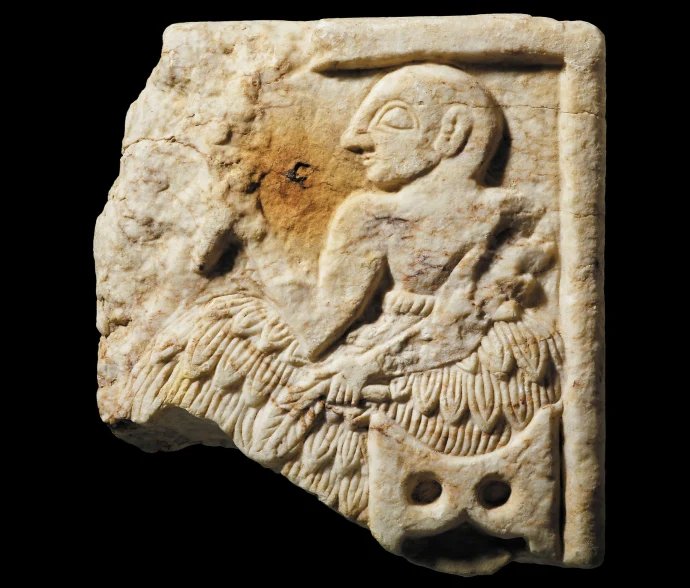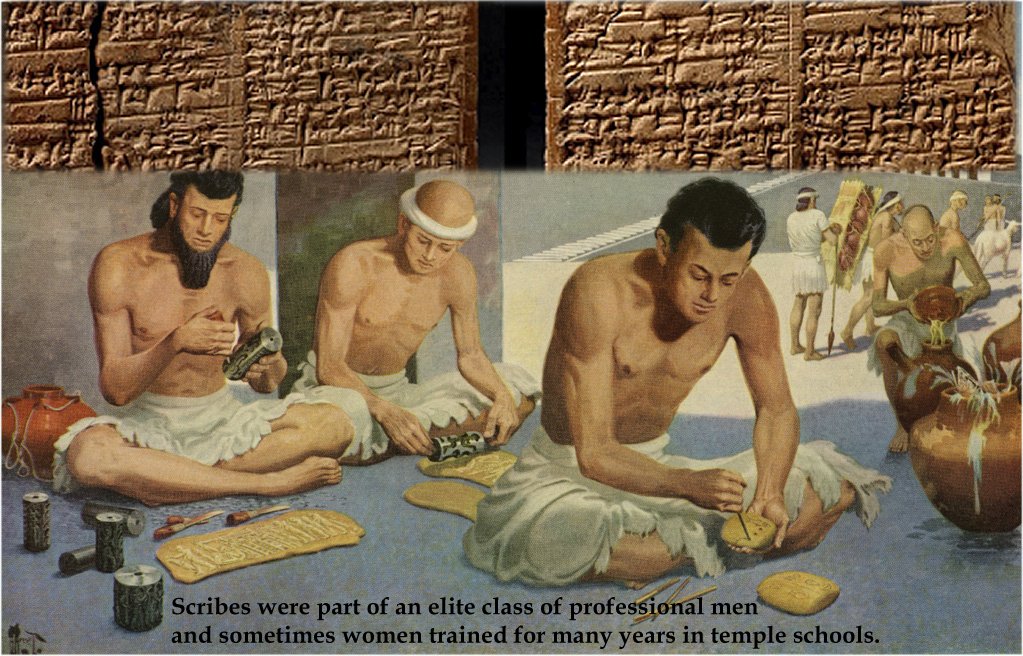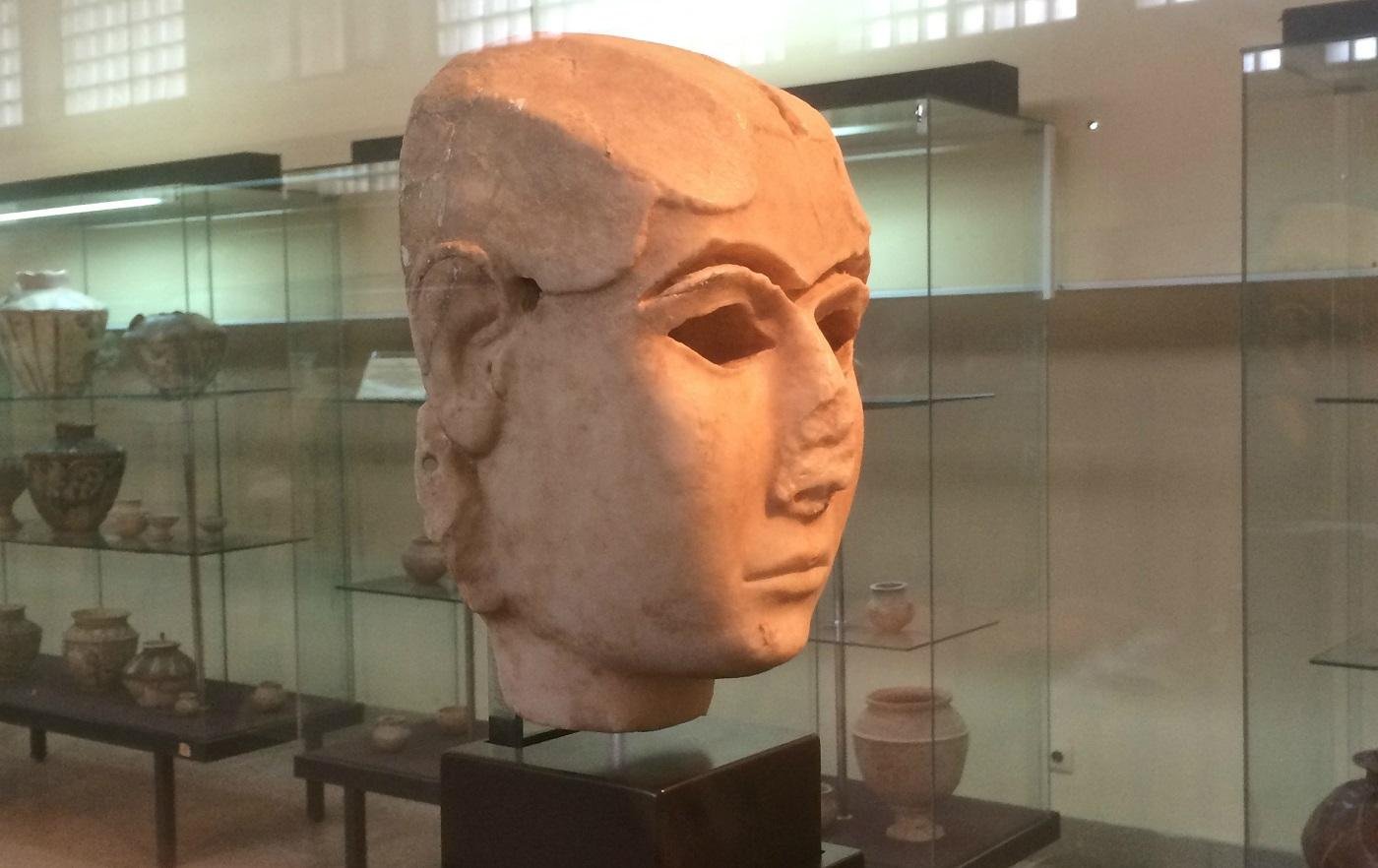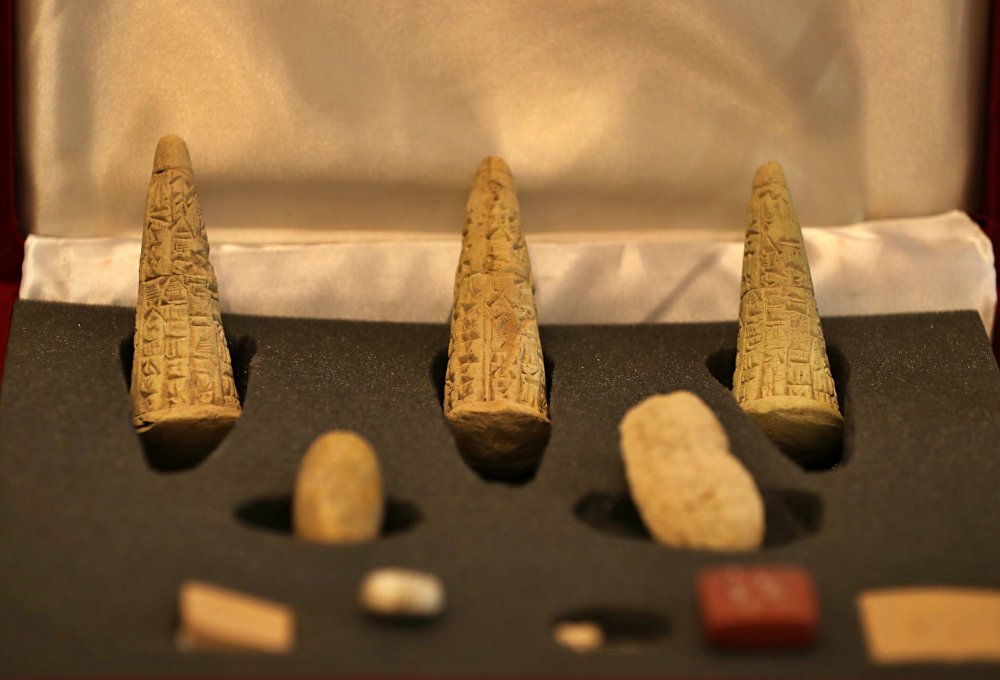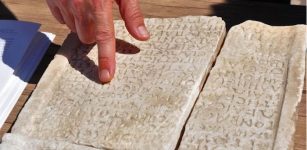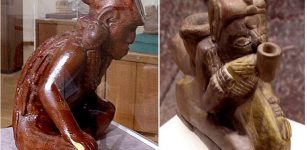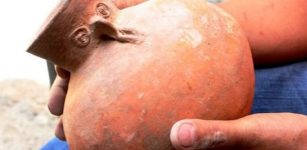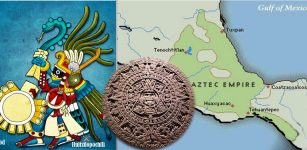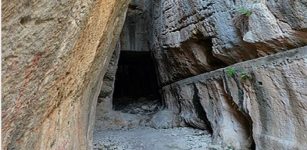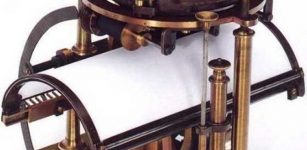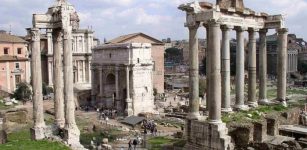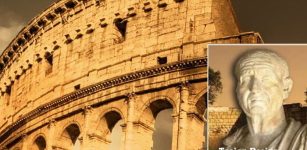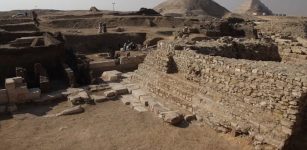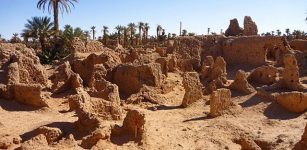Hundreds Of Thousands Of Sumerian Artifacts Have Been Stolen From Iraq’s Museums And Archaeological Sites
Jan Bartek - AncientPages.com - Though the exact number is unknown, authorities estimate tens or even hundreds of thousands of Sumerian artifacts have been stolen from Iraq’s museums and archaeological sites during the political unrest of the past three decades.
The country has called for international help to trace the precious ancient objects, but the pessimism the artifacts will be returned is growing.
This Sumerian plaque was looted in Iraq, and found on a British online auction platform. It will return to Iraq at the end of 2020.
Most scholars agree the ancient Sumerians were the earliest developed civilization in our recorded history, which is why many regard Mesopotamia (from the Greek, meaning 'between two rivers'), an ancient region located in the eastern Mediterranean bounded in the northeast by the Zagros Mountains and in the southeast by the Arabian Plateau, corresponding to today's Iraq the cradle of civilization.
The Sumerians changed the world in several ways and their legacy is still with us.
“More than 5000 years ago, people living in Mesopotamia developed a form of writing to record and communicate different types of information. The early form of writing was based on pictograms, which helped to communicate basic information about crops and taxes.” 1
The word cuneiform simply means “wedge-shaped”, and using these cuneiform tablets, Sumerians developed a script that bears a close resemblance to writing today.
Ancient objects stolen from Iraq are priceless and they are a valuable part of our heritage. They do not belong in private collections. They belong to the world and the public has the right to see and admire them. With these artifacts gone, an important part of human history has just disappeared. Steeling these historical artifacts is wrong on so many levels.
Credit: AncientPages.com
“The origins of writing, law codes and so many major developments in the grand human story” all took place in Iraq, said Roger Matthews, Professor of near eastern archaeology at the University of Reading, who has worked on sites in Iraq since the 1980s.
“Professor Matthews is president of RASHID International, a multinational network of academics, professionals and individuals working to preserve Iraq’s heritage. They, along with other experts, multilateral agencies, governments and institutions around the world, are lending their expertise and resources to help the Iraqi authorities recover and protect whatever they can of the country’s ancient past.
The urgency of their work was highlighted in 2015, when Isis militants occupied a swath of Iraq. They produced propaganda videos showing fighters taking sledgehammers to statues and artifacts in the museum of Iraq’s second city, Mosul, and bulldozing buildings at Nimrud, capital of the ancient Assyrian empire, allegedly because they were sacrilegious,” the Financial Times reports.
According to Laith Hussein, acting director of Iraq’s state board of antiquities and heritage, many of the Sumerian artifacts have been illegally transferred to Turkey and Syria where are still kept hidden.
A Sumerian era woman's head dating from 3,000 - 2,900BC, returned to Iraq by the US after it was looted. Credit: MEE/Tom Westcott
“Thousands of objects disappeared into the shadow of the international art market. I believe that many of these pieces are in the hands of private collectors, many of them in Saudi Arabia, Bahrain, Qatar and Kuwait,” Hussein said adding he is not optimistic the object will be found.
One of many challenges authorities and scientists must deal with is that no-one really knows how many objects are missing because records of the country’s vast collections and archaeological sites are incomplete.
“In an effort to deter further theft, Prof Matthews teamed up with Iraqi colleagues on a programme to apply SmartWater, an encoded liquid, to artifacts. They hope that the solution, which is only visible under an ultraviolet torch, will deter thieves or allow the tracking of objects that find their way on to the market.
In 2019 some recovered antiquities were displayed at the foreign ministry, in Baghdad, Iraq. The artifacts paraded Monday include archaeological and historical pieces recovered from Britain and Sweden, pottery fragments and shards with writing dating back to the ancient Sumerian civilization. Iraq is putting a great effort to restore its lost rich cultural heritage after it was decimated during the chaos that followed the 2003 U.S. invasion. Credit: AP Photo/Hadi Mizban
Funded by the UK’s Cultural Protection Fund, which supports the protection of at-risk cultural heritage, and with the co-operation of the SmartWater Foundation, the project trained 43 staff from the Iraq Museum in Baghdad — the largest in the country — and the Slemani Museum in Sulaymaniyah, in the Kurdistan region. Working round the clock, the museum staff managed to record and mark an astounding 270,000 objects in a single year. There are now plans for a second phase to cover a further one million artifacts,” the Financial Times reports.
Another problem is the financial and political situation in Iraq. The country needs help to rebuild its archaeological sites and vandalized museums.
“We have many challenges here,” Professor Hussein admits. “There is a lack of local expertise in the field of conservation and restoration; we must stop the looting and trafficking of artifacts from archaeological sites and we need to rebuild and start the conservation of sites destroyed by Daesh [Isis]. We need international help.”
Will the world be able to help and save the priceless ancient objects that have so much to tell us about our history? Only time can tell.
Written by Jan Bartek - AncientPages.com Staff Writer
Expand for references
